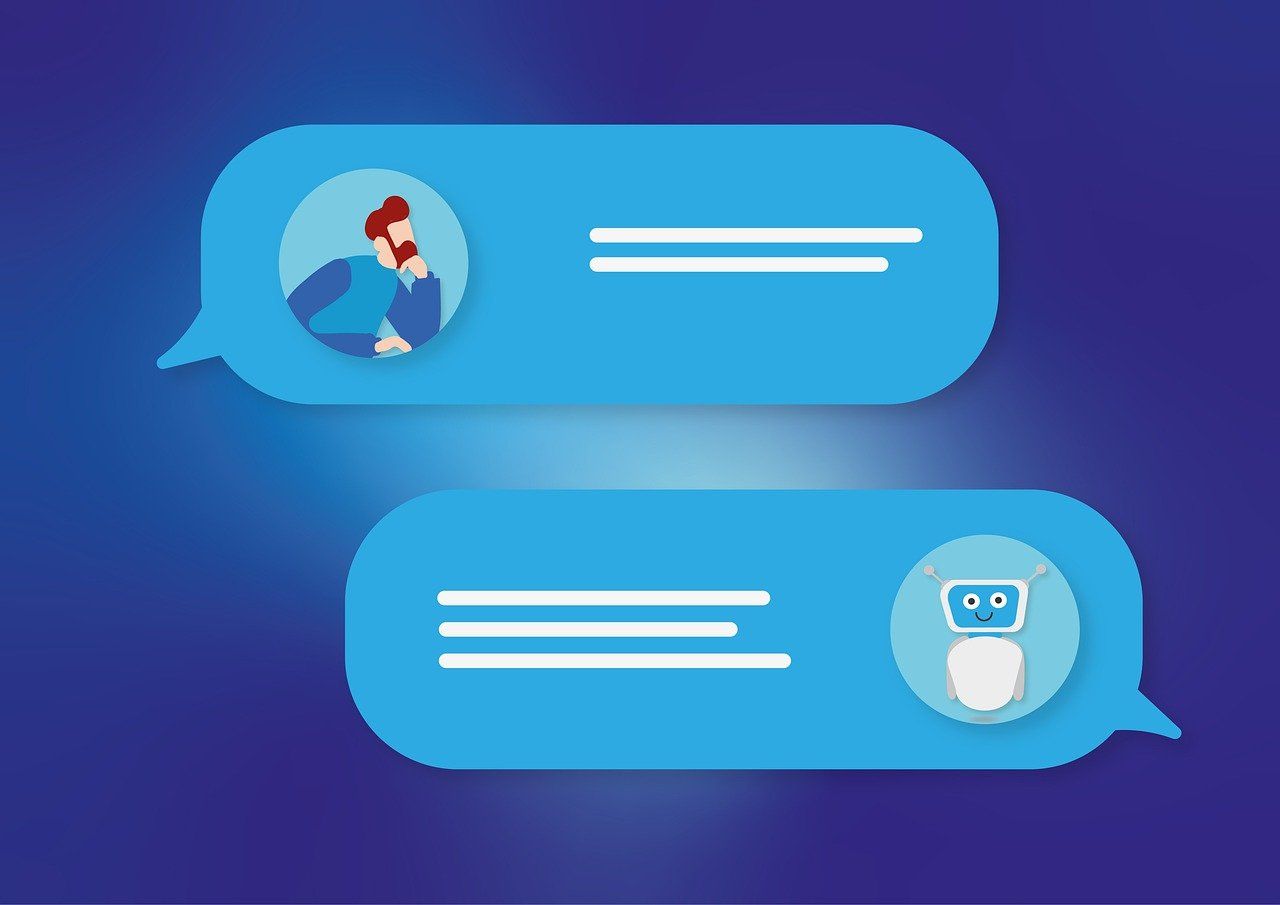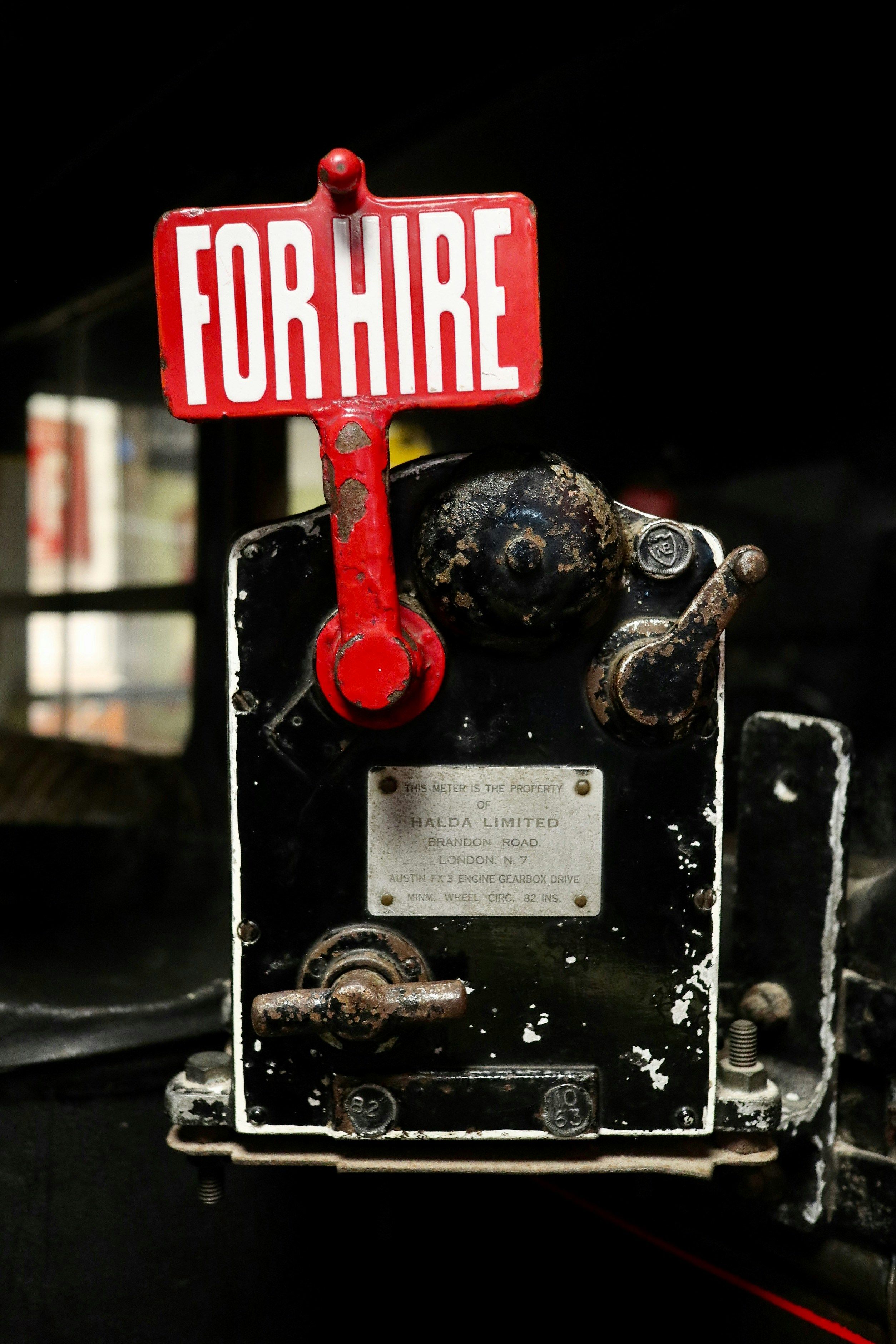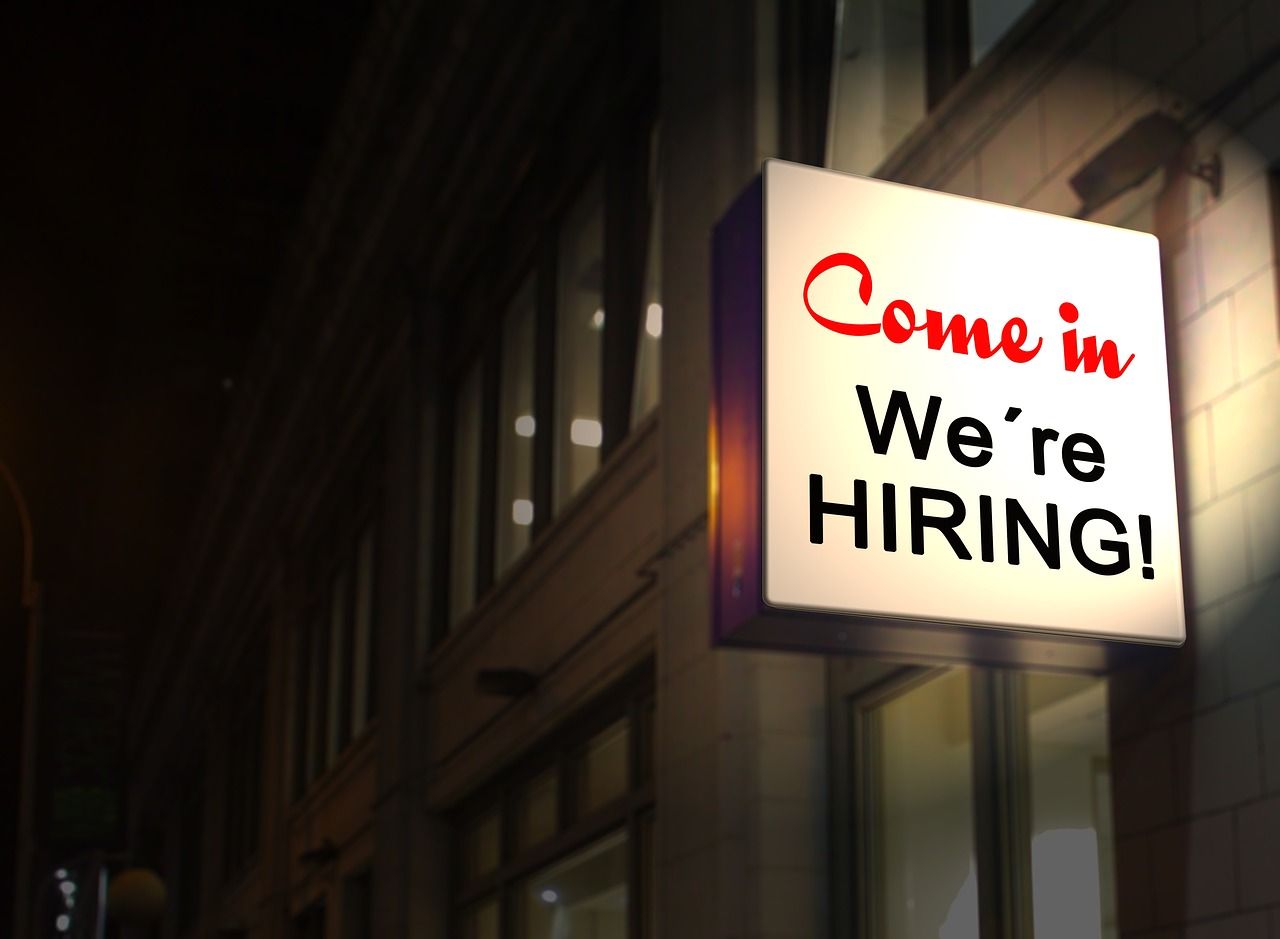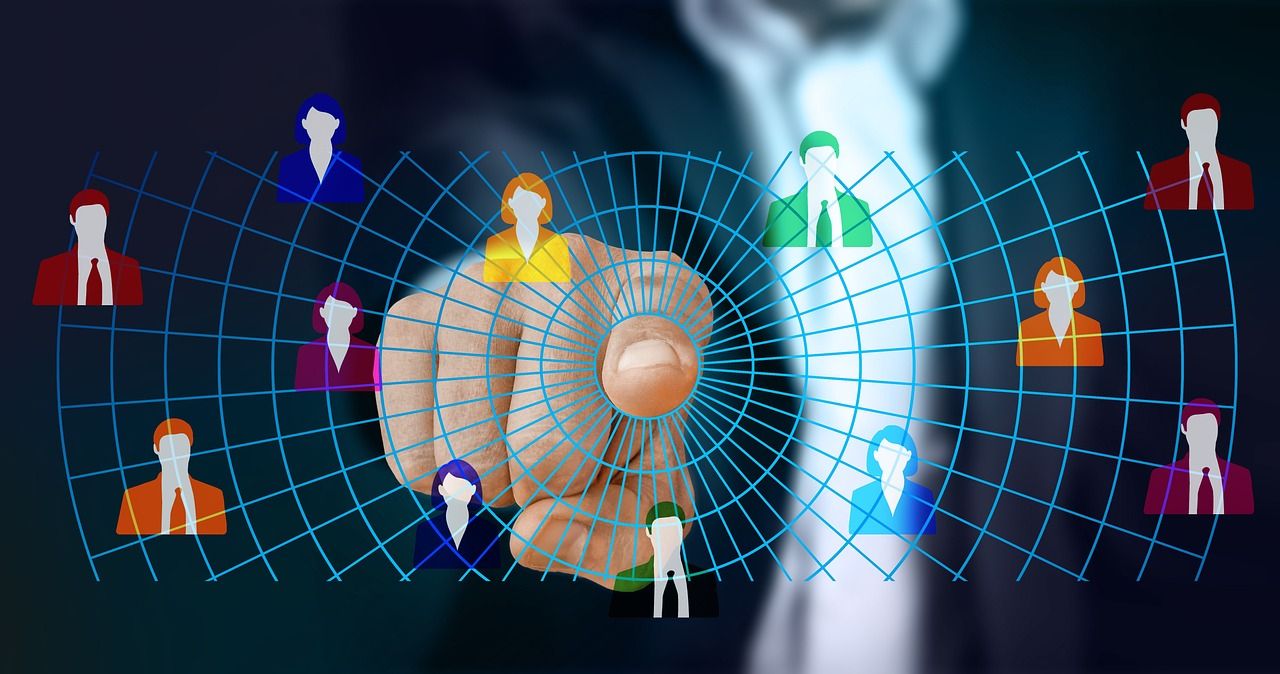The rapid advancement of artificial intelligence (AI) has sparked debates and concerns about its potential impact on the job market. As AI technologies become increasingly sophisticated, many fear that machines will eventually replace human workers across various industries. However, the reality is more nuanced, with some jobs being at higher risk of automation than others, while certain roles may remain challenging for AI to replicate due to the inherent human element. In this blog, we'll explore the jobs that are susceptible to AI disruption, those that may resist automation, and the roles that AI could inevitably take over.
Jobs at Risk of Being Taken Over by AI
Data Entry and Clerical Work
Repetitive Tasks and Pattern Recognition
Jobs involving data entry, record keeping, and other repetitive clerical tasks are prime candidates for automation. AI systems excel at recognizing patterns, processing large amounts of data, and performing tasks with high accuracy and speed. Industries such as finance, healthcare, and administration may see a significant reduction in the need for human data entry professionals.
Manufacturing and Assembly Line Work
Precise and Consistent Automation
Factories and assembly lines have already embraced automation to a large extent, and AI-powered robots and machines are becoming increasingly sophisticated. With their ability to perform tasks with precision, consistency, and without fatigue, AI systems may further replace human workers in manufacturing and assembly line roles.
Transportation and Logistics
Autonomous Vehicles and Intelligent Routing
The development of self-driving cars and trucks, combined with AI-driven route optimization and logistics management, could significantly disrupt the transportation and logistics industries. Roles such as truck drivers, delivery workers, and logistics coordinators may be at risk as AI systems become more capable of handling these tasks.

Photo from: Pixabay
Customer Service and Call Centers
Natural Language Processing and Conversational AI
Advancements in natural language processing and conversational AI have enabled chatbots and virtual assistants to handle customer inquiries and support requests more effectively. As these technologies continue to improve, they may replace human customer service representatives in various industries, particularly for routine and straightforward queries.
Financial Analysis and Accounting
Predictive Analytics and Automated Reporting
AI systems are becoming proficient in analyzing large datasets, identifying patterns, and generating insights for financial and accounting purposes. Tasks such as financial modeling, forecasting, and report generation may be automated, impacting roles like financial analysts, accountants, and auditors.
Why These Jobs Will Not Be Easily Replaced
While AI may automate certain aspects of these jobs, complete replacement may not be easy or desirable for several reasons:
- Complex decision-making: Many jobs involve complex decision-making processes that require human judgment, intuition, and ethical considerations, which can be challenging for AI systems to replicate.
- Adaptability and creativity: Humans possess the ability to adapt to changing circumstances, think creatively, and solve novel problems, traits that are still difficult for AI to match.
- Emotional intelligence: Jobs that involve significant human interaction, empathy, and emotional intelligence may remain challenging for AI to fully automate, as these systems still struggle with understanding and replicating human emotions and social cues.
- Trust and acceptance: Despite their capabilities, there may be resistance or hesitancy from customers, clients, or stakeholders to fully entrust certain tasks or decisions to AI systems, particularly in high-stakes or sensitive areas.
- Regulatory and ethical concerns: Certain industries or sectors may face regulatory barriers or ethical concerns that limit the extent to which AI can replace human workers, particularly in areas such as healthcare, legal services, or sectors with significant public safety implications.
Jobs Resistant to AI Automation Due to the Human Touch

Photo from: Unsplash
Fashion and Design
Creativity and Artistic Expression
The fashion and design industries rely heavily on human creativity, artistic expression, and cultural understanding. While AI may assist in certain aspects, such as trend analysis or pattern generation, the inherent human touch required for truly innovative and culturally resonant designs may be challenging for AI to replicate fully.
Art and Entertainment
Emotional Resonance and Storytelling
The creation of art, music, literature, and entertainment requires a deep understanding of human emotions, experiences, and storytelling. While AI can generate content based on data, capturing the nuances of emotional resonance and conveying meaningful narratives may remain a uniquely human domain.
Education and Teaching
Personalized Learning and Mentorship
While AI can assist in delivering educational content and providing personalized learning experiences, the role of human teachers in fostering critical thinking, nurturing individual growth, and providing mentorship may be difficult to fully automate.
Healthcare and Social Services
Empathy and Human Connection
Professions involving direct human interaction, such as healthcare providers, social workers, and counselors, rely heavily on empathy, emotional intelligence, and the ability to build trust and connection. These human elements may be challenging for AI to replicate, particularly in situations requiring compassion and emotional support.
Leadership and Management
Motivating and Inspiring Teams
Effective leadership and management require the ability to motivate, inspire, and guide teams of diverse individuals. While AI can provide data-driven insights and decision support, the human touch required for effective communication, conflict resolution, and fostering a positive organizational culture may remain a domain where human leaders excel.
Jobs Inevitably Replaced by AI Due to Redundancy

Photo from: Pixabay
Repetitive Manual Labor
Automation of Physically Demanding Tasks
Jobs that involve repetitive manual labor, such as assembly line work, packaging, or material handling, may be prime candidates for automation using AI-powered robots and machines. These systems can perform these tasks continuously without fatigue, increasing efficiency and reducing the need for human labor.
Routine Office Tasks
Automation of Administrative and Clerical Work
Roles that involve routine office tasks, such as data entry, scheduling, and basic administrative duties, may be largely automated by AI systems. As natural language processing and intelligent automation technologies advance, these tasks may become redundant for human workers.
Predictable and Rule-Based Processes
Optimization of Standardized Workflows
Industries with highly predictable and rule-based processes, such as certain aspects of manufacturing, logistics, or financial operations, may see increased automation as AI systems become adept at optimizing and streamlining standardized workflows.
Surveillance and Monitoring
Computer Vision and Automated Monitoring
AI-powered computer vision systems and automated monitoring solutions may replace jobs involving surveillance, monitoring, or inspection tasks. These systems can continuously analyze visual data, detect anomalies, and perform monitoring tasks more efficiently than human counterparts.
Cyber Security and Threat Detection
AI-Powered Threat Identification and Response
As AI technologies become more adept at identifying and responding to cyber threats, cyber security and detection roles may be automated. AI systems can analyze vast amounts of data, identify patterns, and respond to threats more quickly and consistently than human analysts.
Nvidia CEO on Artificial Intelligence and Jobs
In a recent interview with CBS News' "60 Minutes," Nvidia CEO Jensen Huang shared his insights on the impact of AI on jobs. Huang, whose company's chips are powering the artificial intelligence revolution, believes that while AI will change the world, human jobs will not simply disappear.
Huang acknowledged that while some jobs may become obsolete, "I believe that you still want humans in the loop, because we have good judgment because there are circumstances that the machines are not - just not going to understand."
He further explained his perspective by stating, "The workers work for companies. And so companies, when they become more productive, earnings increase. I've never seen one company that had earnings increase and not hire more people."
Huang's view suggests that as AI helps companies become more productive and profitable, they will naturally expand and hire more people, potentially creating new job opportunities in different areas.
While touting the computing power of Nvidia's latest GPU chips, Huang expressed optimism about the potential of AI to tackle complex challenges and make groundbreaking discoveries. "We're hoping that it does things that surprise us. That's the whole point. In some areas like drug discovery, designing better materials that are lighter, stronger. We need artificial intelligence to help us explore the universe in places that we could've never done ourselves."
Huang's comments highlight the belief that AI will not entirely replace human workers but rather augment and enhance human capabilities, enabling us to tackle challenges and explore new frontiers that would be difficult or impossible without the aid of advanced AI systems.
The impact of AI on the job market is a complex and multifaceted issue. While some jobs may be at risk of automation due to the capabilities of AI systems, others may resist replacement due to the inherent human touch required. Additionally, new roles and industries may emerge as a result of AI adoption, creating new opportunities for human workers. Ultimately, the relationship between AI and employment will likely be one of coexistence and collaboration, with humans and machines working together to enhance productivity, efficiency, and innovation across various sectors.








